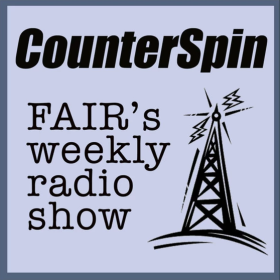I’m a big believer in the question, “Compared to what?”
As in: Is Politician X worth supporting or opposing in an election? It’s hard to say without knowing what the alternatives are.
It’s the unanswered question “compared to what?” that makes USA Today‘s lead story, “Soldiers Hate Their Jobs” by Gregg Zoroya (4/16/15), a prime example of pseudo-news.
The story reports what the paper characterizes as “startlingly negative results” from psychological tests given to US Army personnel:
Twelve months of data through early 2015 show that 403,564 soldiers, or 52 percent, scored badly in the area of optimism, agreeing with statements such as “I rarely count on good things happening to me.” Forty-eight percent have little satisfaction in or commitment to their jobs.
Now, let me say that I’m sympathetic to the point of this article; I suspect many people in the military are what you would call unhappy, and why wouldn’t they be? But the data given in the piece don’t prove that point at all.
To see why, consider this paragraph, which seems to have been inserted to demonstrate the military’s slippery unwillingness to face reality:
Subsequent to USA Today‘s inquiry, the Army calculated new findings but lowered the threshold for a score to be a positive result. As a consequence, for example, only 9 percent of 704,000 score poorly in optimism.
But what makes the 52 percent number, featured in the story’s subhead (“Army Data Show 52% Pessimistic About the Future”), any more meaningful than 9 percent? Each is an arbitrary cutoff, dividing those who “score poorly” from a “positive result.” Depending on how many pessimism-related questions were asked, you could get virtually any result you wanted by moving that cutoff up or down. And since that number could be anything, it means nothing.
Are Army personnel more or less pessimistic than they used to be? Do they hate their jobs more or less than people in civilian life? That’s information that would make these numbers meaningful. Because then we would know–compared to what?



